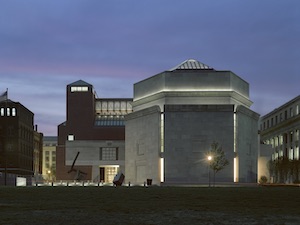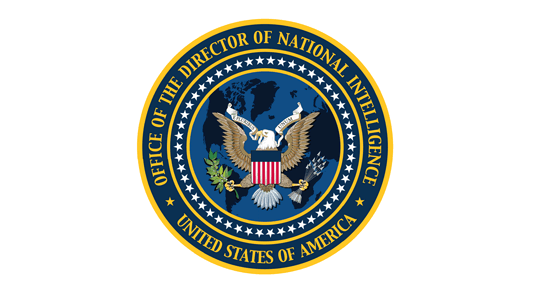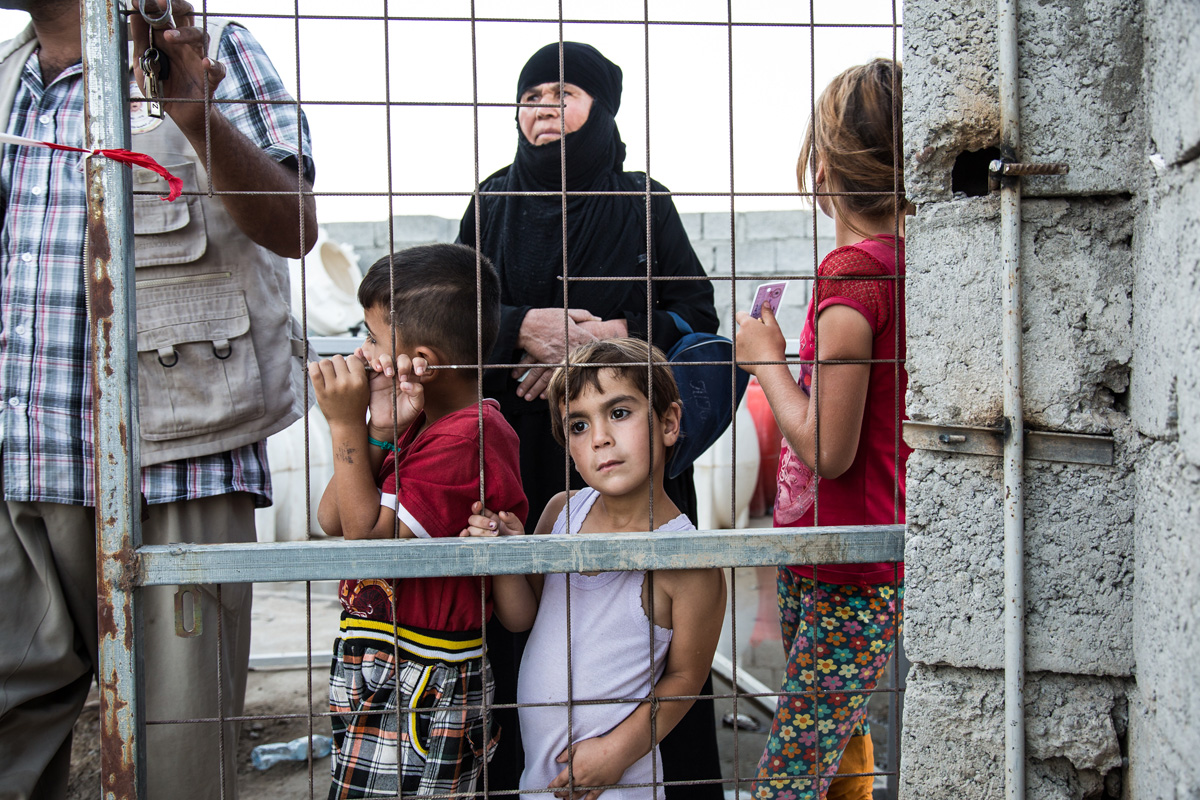Blog Home > prevention
-

Does the United States Have a Responsibility to Protect?
July 6, 2012
Watch a clip from this year's Aspen Ideas Festival (external link), where Michael Abramowitz, Director of the Museum's genocide prevention program, discusses what role the U.S. and international community has in protecting civilians around the world from genocide, war crimes, crimes against humanity, and ethnic cleansing.
-

More Than Just Remembering
April 24, 2012
New presidential initiatives launched during an election year often suffer from the curse of poor timing—being reduced to a punch line in attack ads or the victim of opposition research. But a critical issue has emerged during this 2012 campaign that should command bipartisan appeal.
-

President Obama Launches Genocide Prevention Initiative at Museum
April 23, 2012
Last August, President Obama, in announcing a directive to explore how to improve the US Government’s capacity to respond to genocide and threats of genocide, declared that genocide prevention was in the national security interest of the United States and one of our core moral responsibilities.
-

Museum Honors Aung San Suu Kyi with Elie Wiesel Award
April 19, 2012
The US Holocaust Memorial Museum revoked Aung San Suu Kyi's Elie Wiesel Award on March 6, 2018. Read the Museum's letter to her about that decision. Learn more about the Museum's work on Burma.
On Wednesday evening, the U.S. Holocaust Memorial Museum presented the Elie Wiesel Award to Aung San Suu Kyi at its annual National Tribute Dinner. Established in 2011, the award is named in honor of its inaugural recipient, Nobel Peace laureate and Museum Founding Chairman Elie Wiesel. It is given annually to an internationally prominent individual whose actions have advanced the Museum’s vision of a world where people confront hatred, prevent genocide, and promote human dignity.
-

Beyond Kony: How to Prevent Atrocities Before They Happen
March 28, 2012
The last few weeks have brought more evidence of the power of individuals—whether movie stars like George Clooney in Sudan or the little known creators of the Kony 2012 viral video—to shine a light on the world’s worst crimes. This kind of attention is usually for the good, forcing government leaders to confront dire situations that do not typically get the kind of policy focus they deserve.
-

Statement on Syria by UN Secretary-General’s Special Advisers
March 16, 2012
Marking a full year of violent suppression of anti-government protests in Syria, the United Nations Secretary-General's Special Advisers on the Prevention of Genocide, Francis Deng, and on the Responsibility to Protect, Edward Luck, released the following statement on March 15:
-

Identifying Genocide and Related Forms of Mass Atrocity
March 1, 2012
In a recent paper, Scott Straus, a 2011 Museum Fellow with the Committee on Conscience, explains why it is important for those concerned about preventing genocide to understand what genocide is and what it is not, how we can recognize it in its early stages, and what distinguishes genocide from other forms of mass atrocity. This conceptual analysis, he argues, will provide a framework for decision making about when and how to engage in specific cases.
-

Annual Threat Assessment Highlights Mass Atrocity Prevention
January 31, 2012
Today, the President's Director of National Intelligence, James Clapper, delivered to the Senate Select Committee on Intelligence his annual threat assessment (PDF; external link). As has been the case since 2009, today's briefing included a section specifically devoted to mass atrocities, whose prevention the President has determined is in the national security interest of the United States.
-

An International Response to Prevent Future Genocides
January 27, 2012
Mary Creagh, British Member of Parliament for Wakefield, reflects upon International Holocaust Memorial Day by noting President Obama’s August 2011 Presidential Directive on Mass Atrocities (external link), as a “bold step to allow the US government to respond quickly to instances of potential mass atrocities and genocide.”
-

Museum Welcomes Presidential Action on Genocide
August 4, 2011
The United States Holocaust Memorial Museum today welcomed the White House announcement of a new presidential directive aimed at strengthening the U.S. government’s ability to prevent genocide and mass atrocities.


